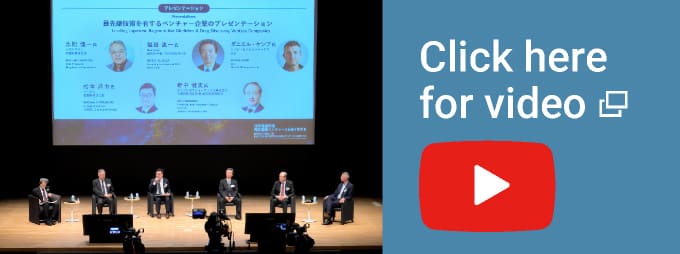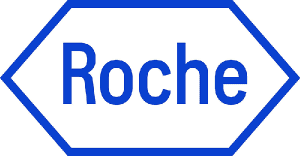Prominent Japanese Venture Companies in
Regenerative Medicine and Drug Discovery
The Investing in Japanese Regenerative Medicine symposium included presentations by the CEOs from five Japanese ventures in the symposium’s namesake field: Kenichi Akamatsu, of Kyoto-based Megakaryon; Masaya Matsumoto, of Hiroshima-based Twocells; Keiichi Fukuda, of Tokyo-based Heartseed; Kenji Nonaka, of Kanagawa-based Orizuru Therapeutics; and Daniel Kemp, of Kyoto- and San Francisco-based Shinobi Therapeutics. Each introduced his company and its technological thrust.
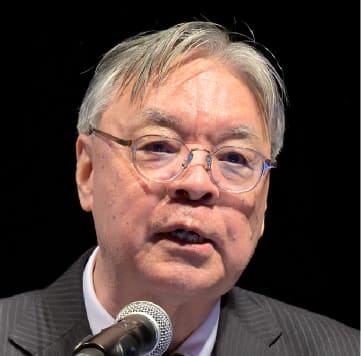
Kenichi Akamatsu
President and CEO, Megakaryon
“Megakaryon produces platelets from iPS cells,” related Akamatsu, “for transfusion. Our technology represents a paradigm shift in transfusion in that it eliminates dependence on blood donors. Japan bans the importation of blood products on account of safety considerations and is therefore totally dependent on domestic donors. Demographic change is upending the balance of supply and demand for blood, and platelets are especially subject to shortages because of their short shelf life of only four or five days.” Kyoto-based Megakaryon’s technology provides for adding three genes to iPS cells to establish megakaryocyte cells that, unlike platelets, can be stored frozen. The company can remove the megakaryocyte cells from storage for culturing into platelets when needed.
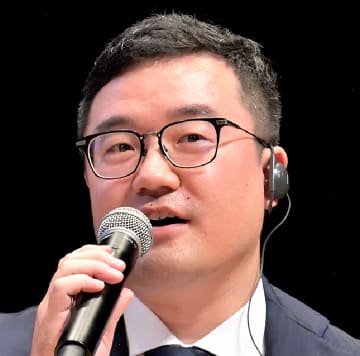
Masaya Matsumoto
President and CEO, Twocells
“Twocells develops regenerative medical products,” explained Matsumoto, “with allogeneic mesenchymal stem cells cultured in serum-free media [which allow for culturing cells under a controlled set of conditions].” Matsumoto introduced two of his Hiroshima-based company’s products: gMSC1-A gel sheets [“gMSC” being an abbreviation for “guaranteed mesenchymal stem cell”], an allogeneic cell product that achieves cartilage regeneration with a simple surgical procedure, and gMSC4 cell suspension products, which are more effective than serum-cultured products in treating kidney failure. He provided detailed overviews of those products, including descriptions of how they are superior to competing technologies.
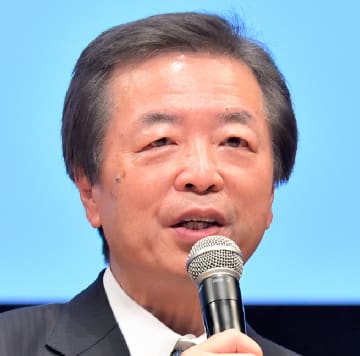
Keiichi Fukuda
Founder and CEO, Heartseed
“Heartseed is developing the world’s first remuscularization — cardiomyocyte replacement therapy — for curing severe heart failure,” declared Heartseed CEO Keiichi Fukuda. He shared a video of the heart of a patient with severe heart failure, showing a weak pumping function and an enlarged left ventricle. Fukuda then displayed a video of a heart that was pumping more robustly and whose left ventricle was of smaller, healthier size. “This is the world’s first video rendering of the positive results of regenerative heart muscle transplantation. It is of the heart of a participant in a clinical trial for our cardiomyocyte replacement therapy.” Fukuda detailed how his company transplants cardiomyocyte spheroids that comprise about 1,000 cardiomyocytes derived from iPS cells.”
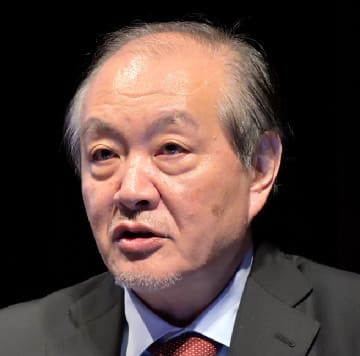
Kenji Nonaka
President and CEO, Orizuru Therapeutics
“Orizuru Therapeutics is building on innovations from the Kyoto University laboratory of Nobel laureate Shinya Yamanaka,” said its president and CEO Kenji Nonaka, “and Yamanaka chairs our scientific advisory board. We are developing several product candidates derived from iPS cells. The two that are furthest along in development are cardiomyocytes for treating severe heart failure and pancreatic islet cells for treating diabetes. Both of those candidates have demonstrated satisfactory efficacy and safety in preclinical trials. Scalable technology for producing differentiated cells in bioreactors is a core strength for Orizuru, and that technology will minimize manufacturing costs and fortify our products’ commercial viability.”
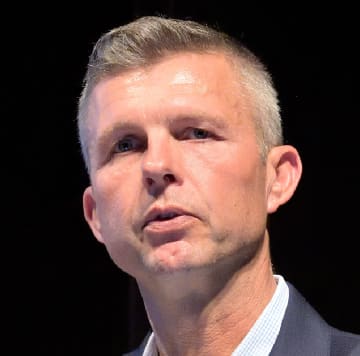
Daniel Kemp
CEO, Shinobi Therapeutics
“Shinobi Therapeutics focuses on allogeneic cell therapies,” revealed Shinobi CEO Daniel Kemp, “to overcome the challenges posed by autologous therapies. Relying on the patients’ own blood entails challenges in terms of the time required to create the products, the cost of the products, and the inability to translate this into a global therapy. So the future is allogeneic cell therapies: off-the-shelf, donor-derived cell therapies.” Shinobi’s product candidates include prospective treatments for solid tumors, autoimmune diseases, and diabetes. Kemp described in detail how Shinobi is working to (1) achieve cost-competitive manufacturing that ensures consistency in cell products while working with blood from diverse donors and (2) protect the cell therapies from the patients’ immune systems. He shared an expectation that Shinobi will have at least two product candidates in clinical trials by 2027.

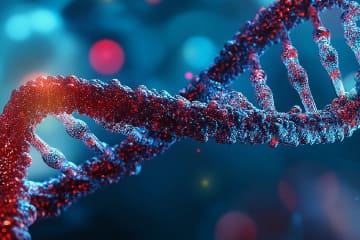
HOME
Investing in Japanese Regenerative Medicine
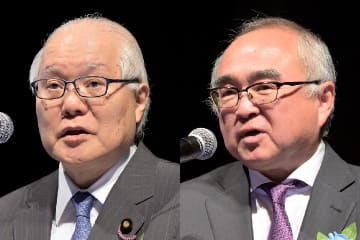
PAGE 1
Keynote Addresses
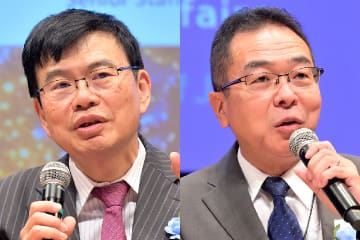
PAGE 2
Authoritative Perspectives on Governing and Nurturing Regenerative Medicine
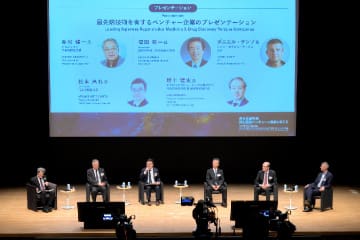
PAGE 3
Prominent Japanese Venture Companies in Regenerative Medicine and Drug Discovery
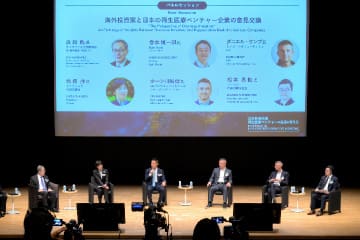
PAGE 4
Entrepreneurship and Venture Capital
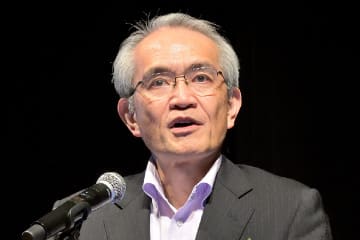
PAGE 5
